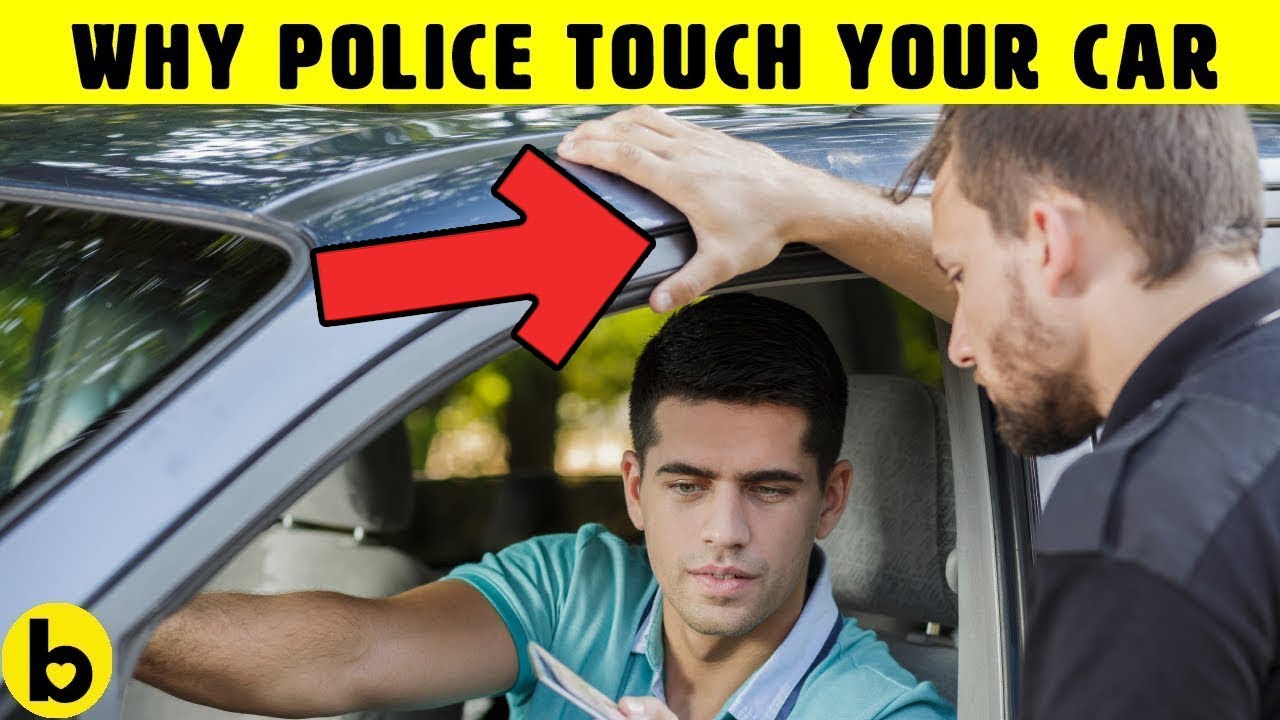Premium Only Content

8 Things You Need To Know When Dealing With The Police
Here are 8 things you should know about police officers and how to deal with them. Knowing and following these simple things will keep you out of trouble with the police.
#Police #Tips #Law
Music:
https://www.youtube.com/audiolibrary/music
Summary:
Don’t resist: It’s counter-intuitive when faced with people wearing armor and holding weapons, but staying calm and respectful is vital. Running, bad-mouthing the officer, or reaching for anything in your waistband or pockets are all serious no-gos. This is true even if you’re being approached or arrested for unfair reasons, or if the police officer is being disrespectful to you.
But don’t consent, either: Please don’t take the rule mentioned before this one to mean “do everything the officer asks you to.” You still have rights. The police are allowed to pat you down (if they suspect you’ve got a weapon), but you can refuse to consent to a further body search or a search of your car or home. If they do it anyways, verbally say that you don’t consent, and absolutely don’t volunteer to be searched. If you do consent, it might have implications when you’re in court. (Interesting side note: police officers often put their hand on vehicles when they stop them to leave fingerprints as proof that they encountered the vehicle. I’m absolutely not telling you to mess with that….but your car could probably use a wash anyway, right?)
How to respond when you're being pulled over: According to an anonymous Chicago police officers on ReadersDigest.com, when you're pulled over, there are certain things you should do so that the traffic stop goes as smoothly as possible. Police officers state that in the event that you are pulled over, you should turn off your dome light (if it's dark and you turned it on). Then you should roll down your window and wait for the officer to come to your window. As you wait, they suggest putting your hands in clear sight on your steering wheel. In the event that a police officer asks you to see your insurance, license, and registration, be sure to tell him or her where they are before you begin reaching for them. Why, do this, you ask? Well, according to Reader's Digest, most criminals carry guns in the places they would keep a wallet - like a pocket, glove box, purse, or bag. When you do reach for your license, insurance, and registration, move slowly. Don't make any sudden quick movements. Calmly hand them to the police officer, be polite, and listen to what he has to say. If you have a legitimate reason for speeding, calmly try to explain it. Either way, there's really no point arguing - if you went over the speed limit, well you went over the speed limit. You can't turn back time, so you just may have to deal with getting a ticket, unless you're a master sweet talker and can talk the officer out of it - but, good luck with that!
Don't lie: Giving false information can get you charged with obstruction of justice, a felony under federal law. However, you can’t be charged with obstruction of justice for refusing to answer questions (although in some states, you do need to give your name if asked), because of your Fifth Amendment Rights.
The Right to Remain SIlent: Wait, what does the right to remain silent actually mean? You can’t be punished for refusing to answer questions, even if the police imply that you will, or that things will be easier on you if you cooperate (actually, refusing to make a self-incriminating statement is way more likely to be helpful to your case than co-operating with the police). The police should give you a verbal Miranda Warning to remind you of that right, but they may neglect to do so. Just say that you’re exercising your right to remain silent, and nothing else.
And now that you’ve reached the very end of the video, can you guess the percentage of police officers in the United States that are female? Well, according to Wikipedia, as of 2007 12% of police officers in the United States are female, jumping up from 7.6% in 1987!
-
 9:38
9:38
Bestie
2 years ago7 Red Foods You Must Eat That Can Save Your Heart Health
6881 -
 5:45
5:45
American Torah
4 years ago $0.01 earned3 Things You Need to Know about a Bible Passage
931 -
 4:46
4:46
American Torah
4 years ago3 Things You Need to Know about a Bible Book
421 -
 1:56
1:56
KNXV
4 years agoPhoenix police face challenges dealing with red-light runners
18 -
 2:33
2:33
KNXV
4 years agoValley non-profit helps police officers dealing with trauma
17 -
 2:25:09
2:25:09
Tundra Tactical
6 hours ago $0.31 earned🚨🔫Tundra Nation Live Rips Apart Media Lies on Short Barreled Rifles & Suppressors 🎇🧨
92.4K1 -
 2:47:06
2:47:06
Barry Cunningham
8 hours agoPRESIDENT TRUMP PROTECTED AMERICA AND NOW THE WORLD AND THAT DEMOCRATS KNOW!
60.6K57 -
 2:05:24
2:05:24
Joker Effect
2 hours agoSoundboard Lord / Midnight In The Mountains talk about Gaming on the Rumble platform. Is it good?
19.9K2 -

Cewpins
2 hours agoLet's Get HIGH!🔥Rumble Creator Sesh at Midnight! 💨420🍃Switch 2 !giveaway
12.4K13 -
 LIVE
LIVE
Mossy
10 hours ago🔥MODDED MAYHEM🔥ALL THE MODS 9 RUMBLECRAFT GRIND🔥420 SESH🔥#RUMBLETAKEOVER🔥
50 watching